A groundbreaking discovery has revealed that most of Earth’s meteorites can be traced back to just a handful of collisions within the asteroid belt between Mars and Jupiter. Two new studies, published on October 16 in Nature, suggest that these ancient impacts played a key role in shaping both our meteorite collection and our understanding of the solar system’s formation.
One of the most significant collisions occurred around 470 million years ago, sending streams of L chondrite material into space. This material later tumbled onto one of the largest asteroids, only to be dislodged again by another impact roughly 40 million years ago—ultimately making its way to Earth.
The studies also explored the origins of H chondrites, another common meteorite type. These meteorites are believed to have come from two different events. Using orbital reconstruction techniques, researchers traced these fragments back to unified asteroid families. The Koronis family, for example, was once a single asteroid until it was shattered about 7.6 million years ago. A similar event fragmented the Karin family approximately 5.8 million years ago. Both families are now recognized as major sources of H chondrites.
While these discoveries provide essential context for understanding how the building blocks of planets were assembled, they also highlight a potential limitation. Earth’s meteorite collection may represent a biased sample, offering only a glimpse of the countless varieties of objects scattered throughout the asteroid belt. “The asteroid belt contains an incredible diversity of materials—rocks, boulders, even dwarf planets—all of which could tell us different parts of the solar system’s story,” explains Russell, co-author of both studies. “But perhaps we’re only seeing a tiny fraction of them.”
The solution, according to the researchers, lies beyond Earth. Although collecting more meteorites here is an option, space missions to explore the asteroid belt could unlock access to a broader range of ancient materials. “We need to go out there ourselves,” Russell emphasizes. “These missions will be essential for uncovering the full story of our solar system’s origins.”



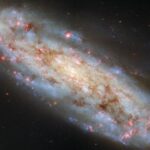
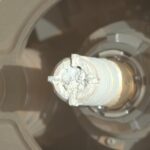
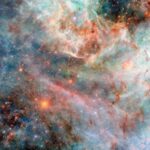


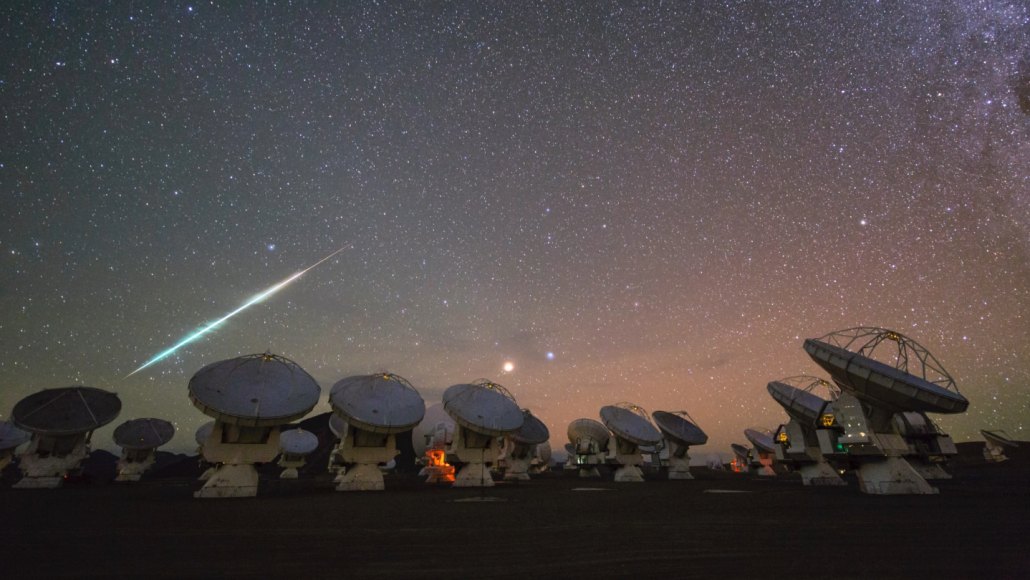
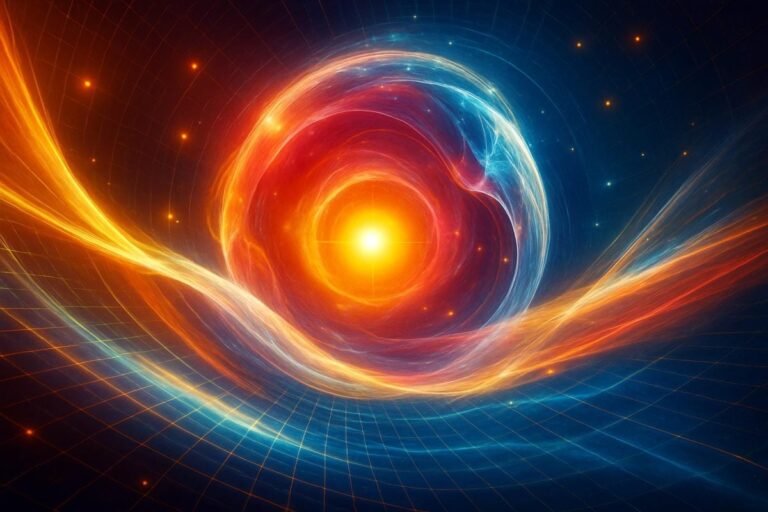

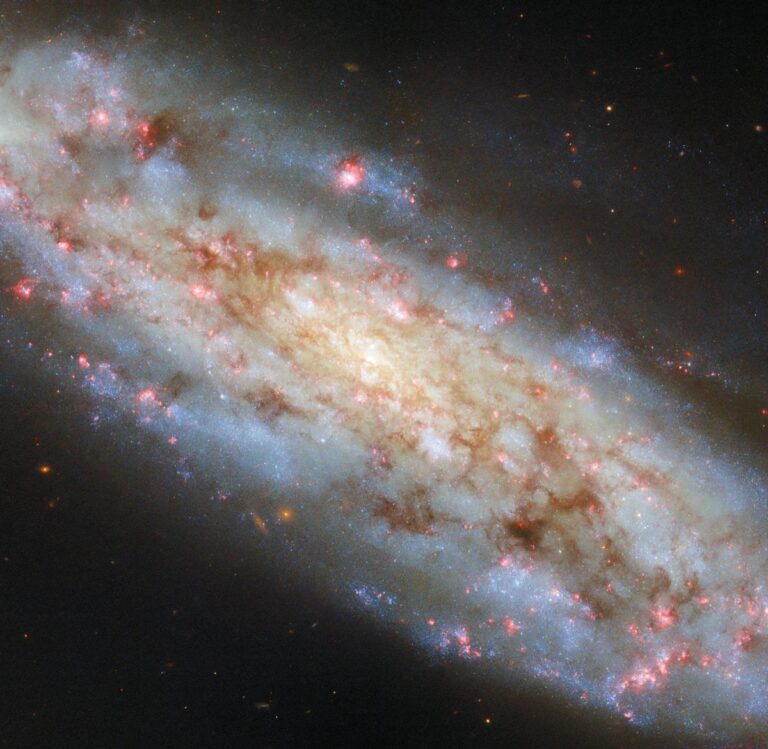
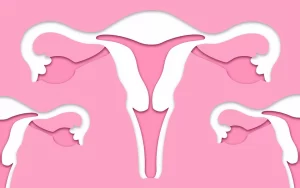

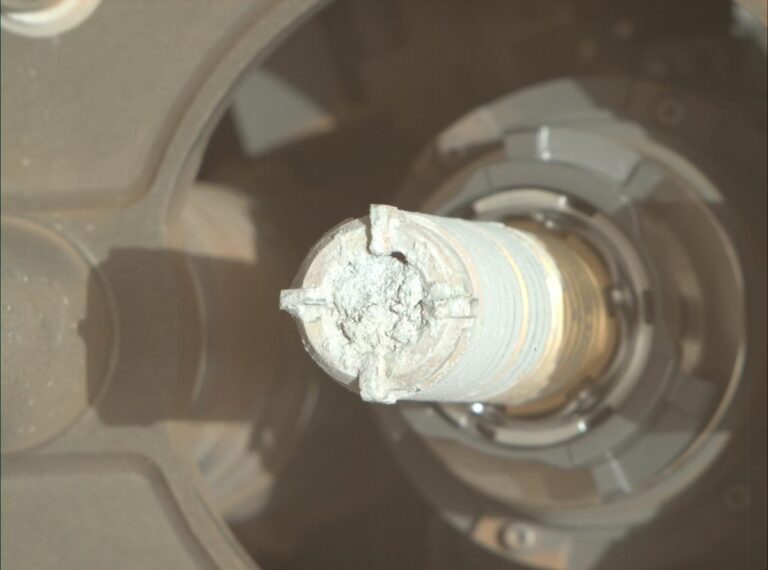
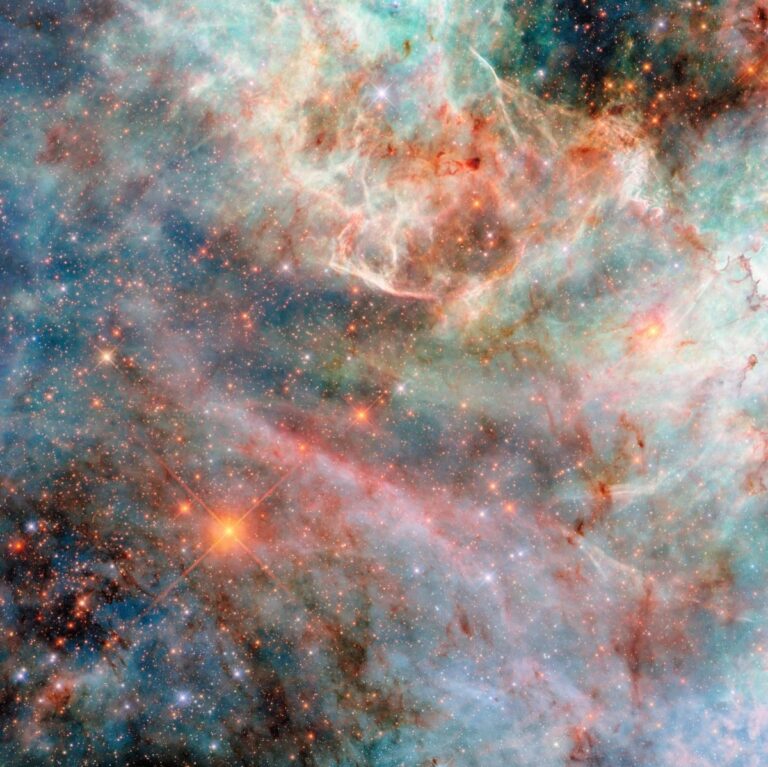

+ There are no comments
Add yours